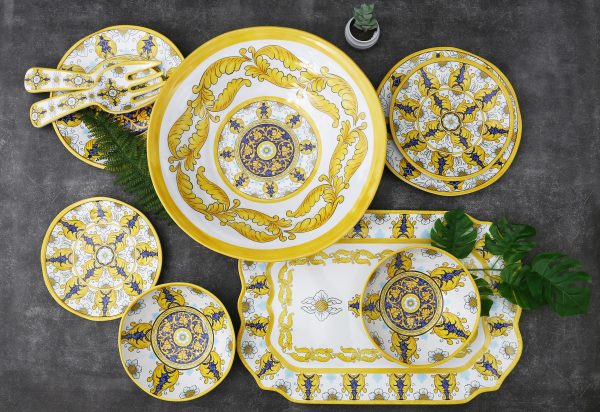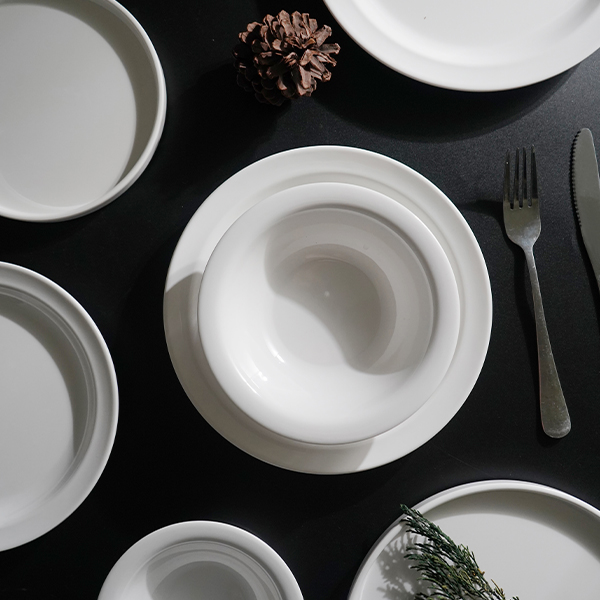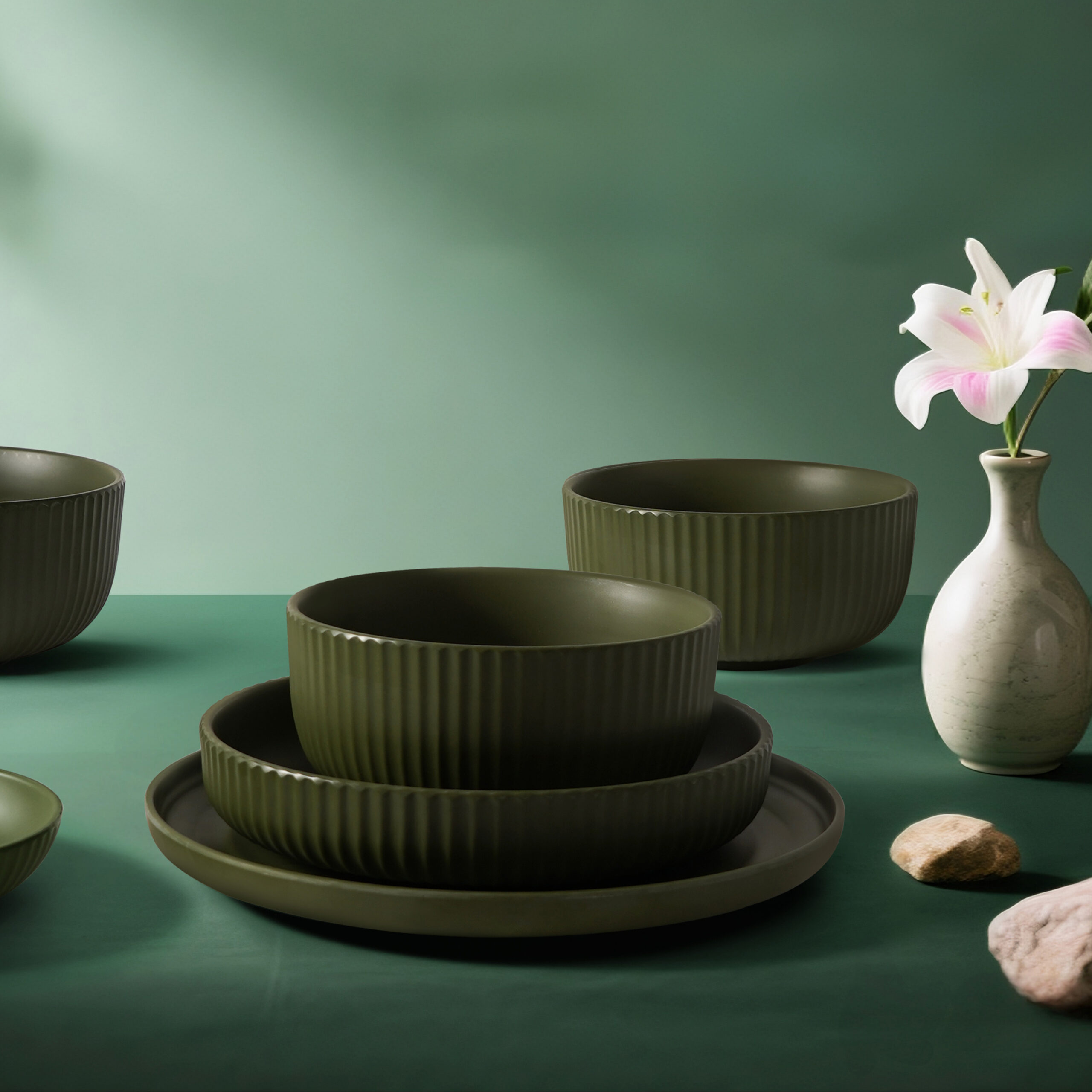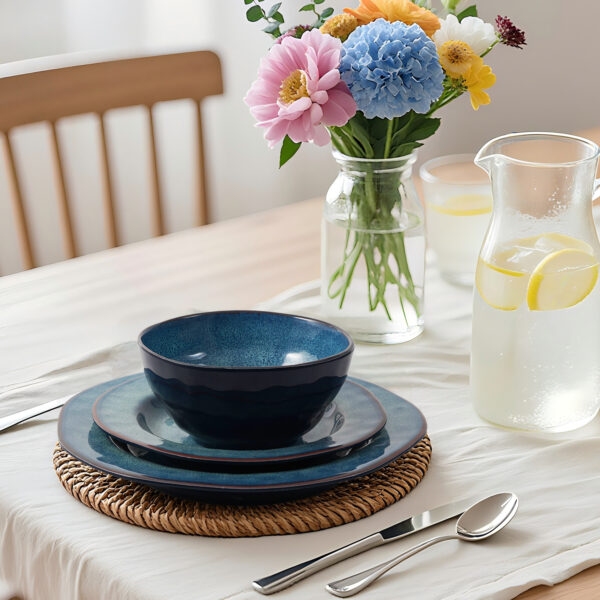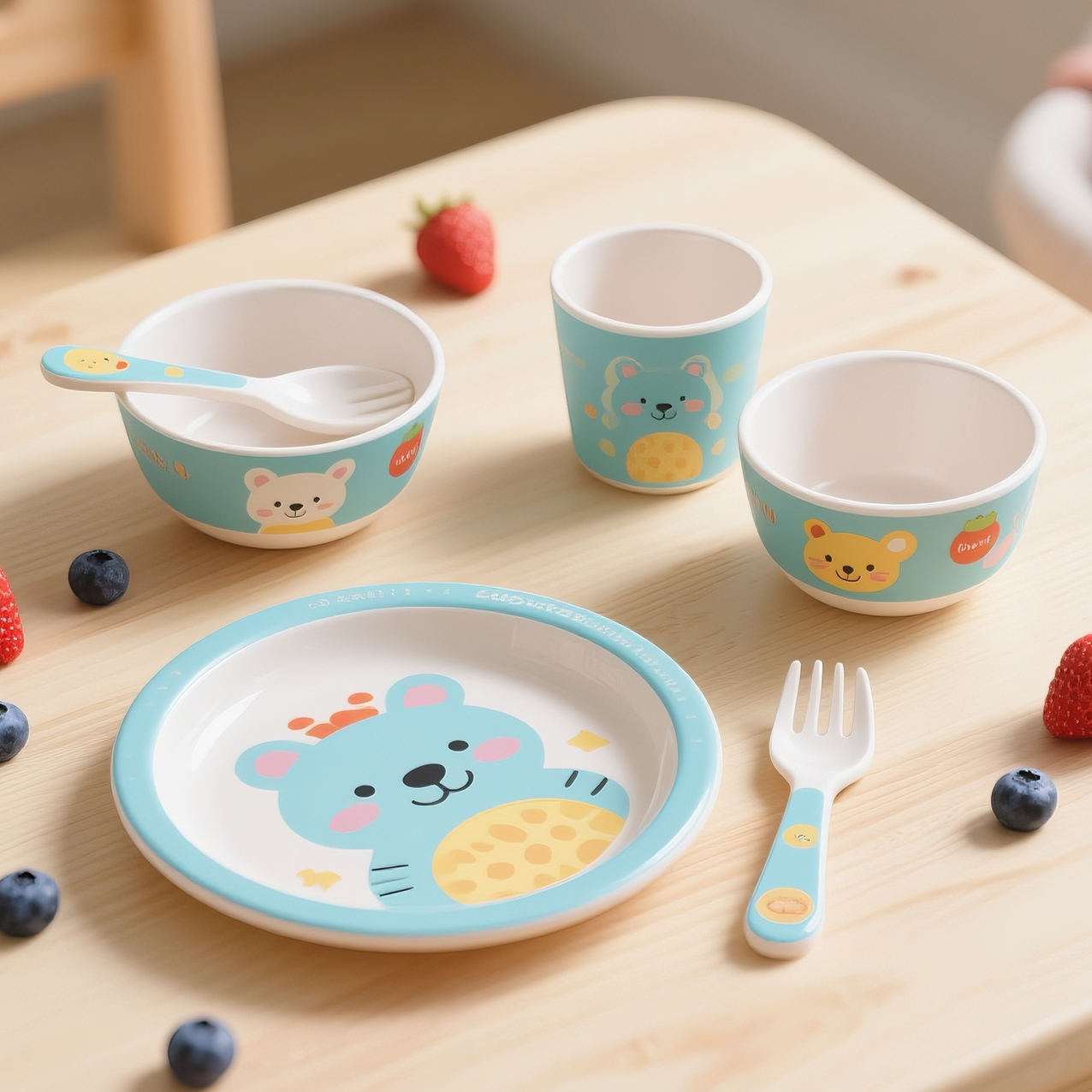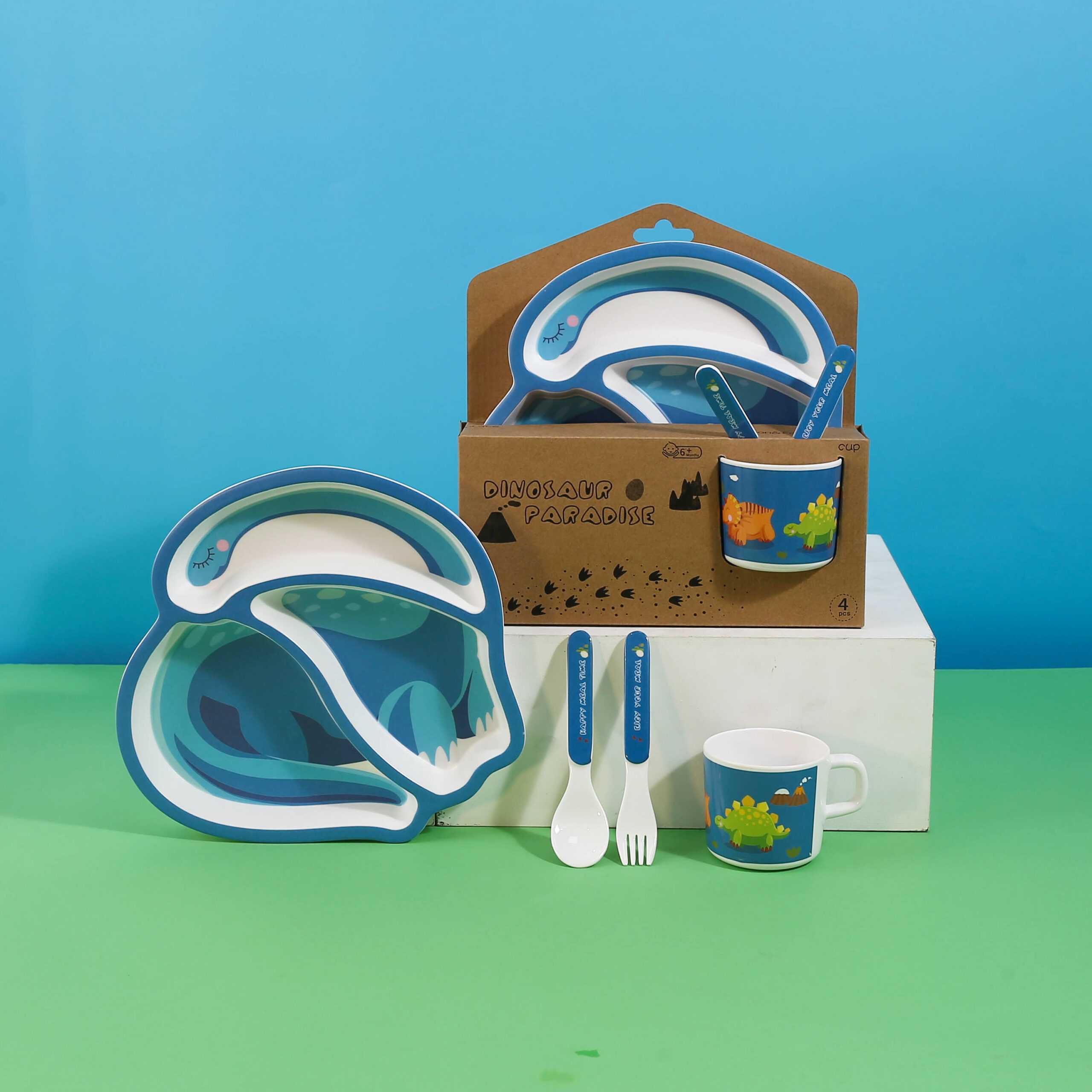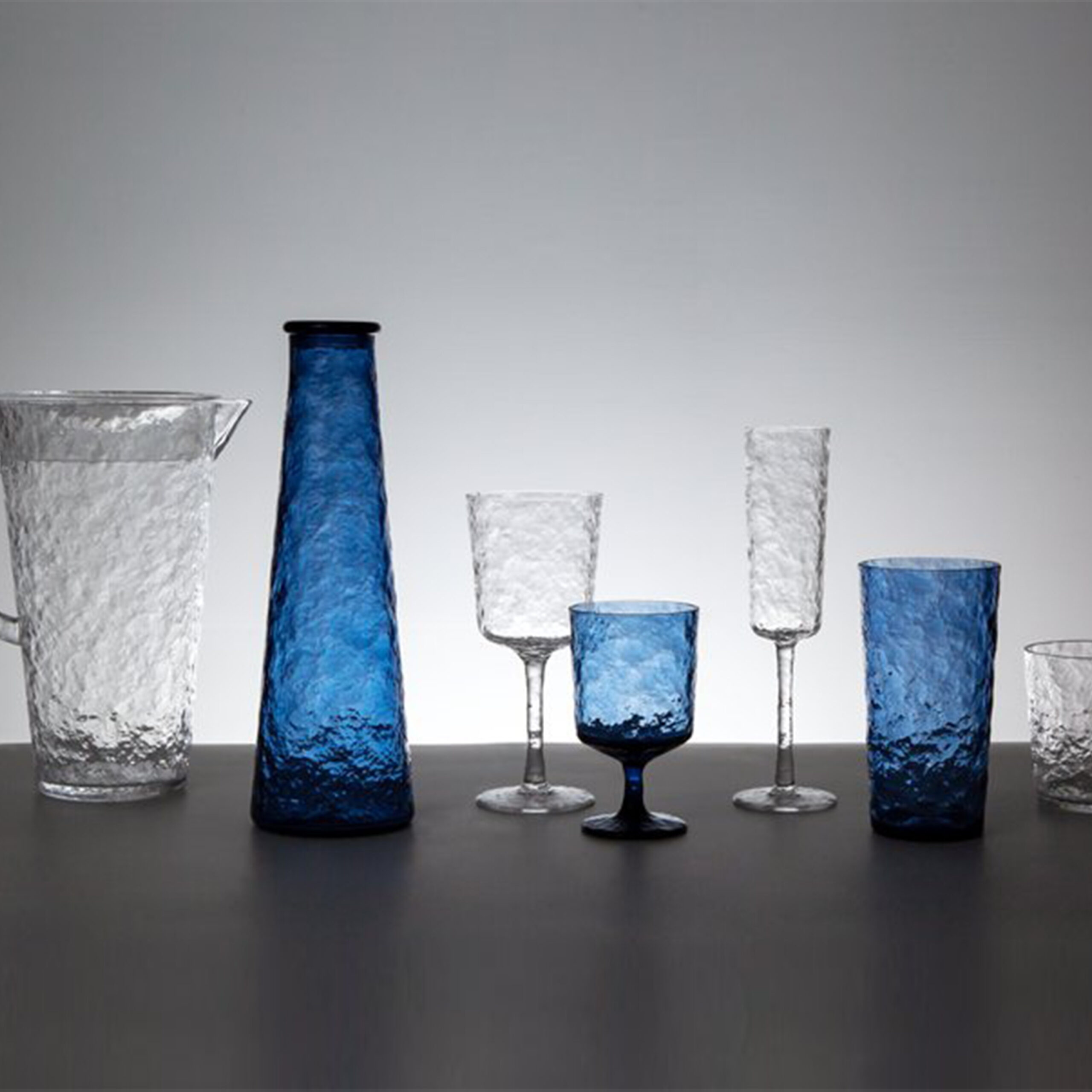Introduction
The hidden code to make dishes 20% more expensive
According to the data of the “White Paper on Catering Visual Marketing”, 68% of consumers’ first impression of dishes comes from the presentation of dining ware, and the matching degree between dining ware and dishes directly affects customers’ ordering decisions. A well-known chain restaurant once conducted an AB test on its signature dish “Black Pepper Beef Tenderloin”: Group A used ordinary white round plates, and Group B used matte dark brown long stone-grained melamine plates instead.
The results showed that the order rate of dishes in Group B increased by 38%, and the average customer spending increased by 18%. This data reveals the hidden commercial value behind the choice of dining ware – it is not only a container for food, but also a “silent salesman” that increases the ability to increase the premium of dishes.
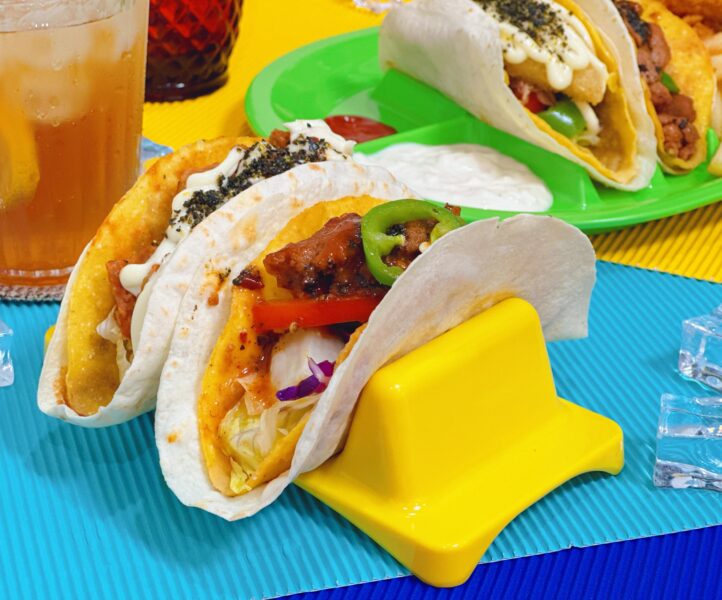
Core skills: Scientific matching logic
1. Material adaptation: functionality × experience
| Dining Ware Material | Applicable Scenarios | Advantage Data |
| Melamine dining ware | Soup/Fast food | Temperature resistance: -20℃~120℃, 5 times the drop resistance of ceramics |
| Ceramic dining ware | Stew/Gratin | Heat storage performance increases the temperature retention time of dishes by 40% |
| Metal dining ware | Cold dishes/sashimi | Heat conduction efficiency is 3 times that of melamine, achieving rapid cooling |
Case: A fast food brand in Shanghai replaced the traditional ceramic noodle bowl with a melamine deep-mouthed bowl with a scalding-proof double-ear design. The results showed that the turnover rate increased by 22% and the dining ware loss rate decreased by 65%.
2. Shape psychology: visual suggestion × eating efficiency
- Round dining ware: Lower psychological defenses, suitable for family gatherings. Experiments show that round plates can increase rice intake by 19% (source: Journal of Appetite Psychology).
- Square dining ware: Enhance modernity and adapt to business meals. It can increase the dine-in rate of people working nearby.
- Special-shaped dining ware: creates memorable points and is suitable for creative dishes. For example, if a restaurant customizes petal-shaped plates, it can increase the customer’s photo-sharing rate of dishes.
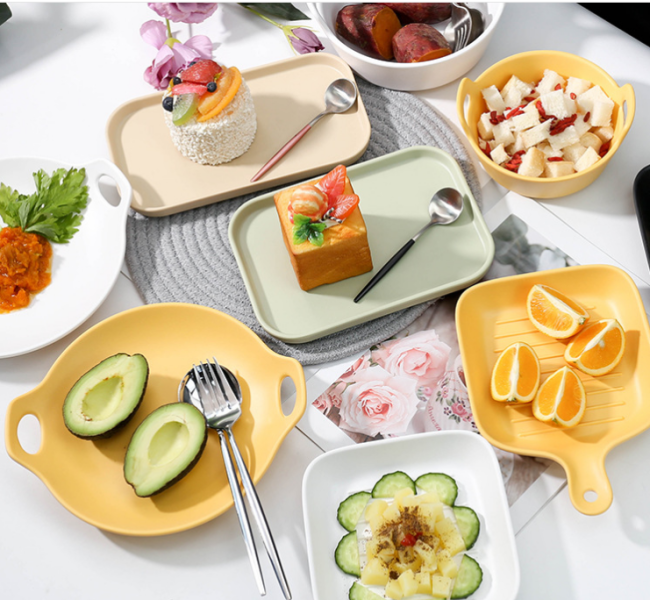
3. Color marketing: emotional guidance × appetite stimulation
- Warm colors (red/orange/yellow): Stimulate appetite and are suitable for meat dishes.
- Cold colors (blue/green/purple): Suitable for healthy light meals, such as green vegetable and fruit salads.
- Contrasting color combination: This creates visual tension and enhances the color rendering of dishes.
4. Procurement economics: cost control
| Cost items | Melamine dining ware | Ceramic dining ware |
| Loss rate | <5% | >20% |
| Life cycle | 3-5 years | 1-2 years |
Choose Vita Joy
- Minimum order quantity: 1,200 pieces (flexibly adjusted according to requirements).
- Mold development cycle: estimated 15-20 days.
- Pattern design: The design team deeply cultivates the market and explores popular pattern elements.
Conclusion
In the era of experiential consumption, dining ware has become a key touchpoint for catering brands to create differentiation. Through material innovation, shape design, and color engineering, melamine dining ware can not only achieve cost control of industrial production but also meet personalized customization needs. Contact us now to get exclusive dining ware solutions. Let every meal become a deep dialogue between the brand and customers.


